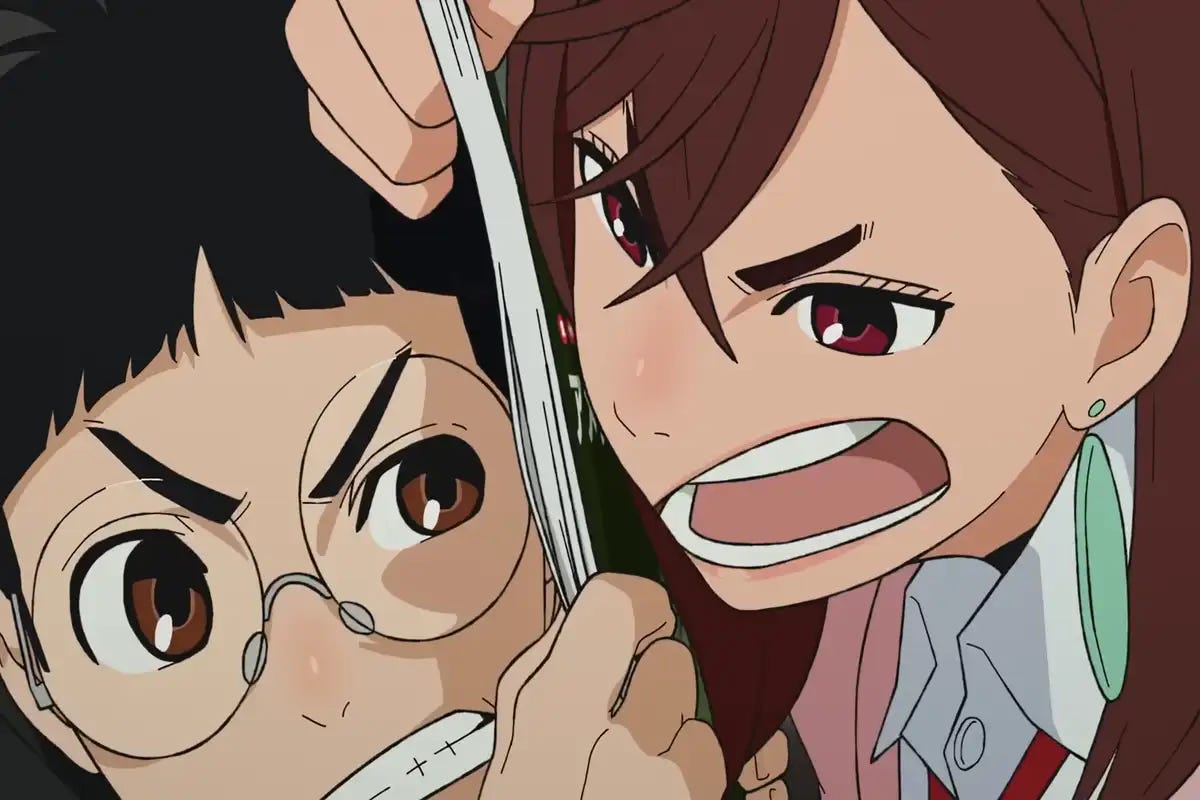Boys vs Girls, Japan vs America
Japan doesn't have a "manosphere." The reasons why might surprise.
Many factors have played into the rise of authoritarianism in America, but one of the biggest, according to pundits, is the dramatic rightward political shift of young men who feel adrift in society. This is in turn widely ascribed to the “manosphere,” a loose network of misogynistic content creators and consumers who are united by a shared sense of dis…




